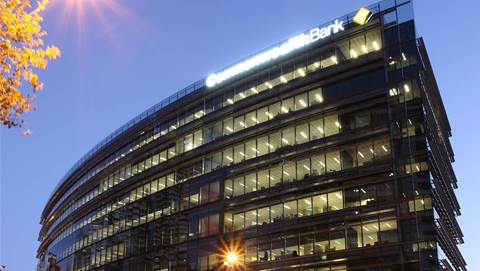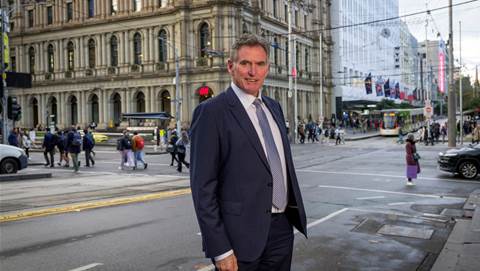Fast food giant McDonald’s is using cognitive technology to convert drive-through orders to text that can be fed directly into the outlet’s point-of-sale system.
The project was disclosed by Microsoft CEO Satya Nadella during his keynote at the worldwide partner conference in Canada.
Nadella said an undisclosed Microsoft partner was working with McDonald’s on the app, which takes advantage of Microsoft’s cognitive services: its recently-launched foray into a space also occupied by IBM Watson.
“For McDonald’s, as you can imagine, the most mission-critical application is the efficiency of their drive-through,” Nadella said.
“That’s what fast food is all about - how can people get in and get out fast with the order that they want?”
One of the challenges for McDonald’s is that drive-through audio quality is notoriously scratchy.
“You have all of these characteristics with ambient noise,” Nadella said.
“So what McDonald’s with a partner has done is taken [our] speech algorithm [and] tuned it, in fact, for the specific ambient noise of a McDonald’s drive-through.”
That tuning enabled McDonald’s to convert the scratchy audio, capturing the fast food order directly into text with a high degree of “fidelity”, Nadella said.
The Microsoft/ McDonald's cognitive solution in action
“Not only can you transcribe it in text, you can in fact punch that order directly into the point of sale, because now that you can recognise the order in text you can transform it - in this case into some kind of a JSON object - and put it right into your point-of-sale system,” Nadella said.
“That type of integration of cognitive capability into business process is what we're enabling today.
“And that's that next frontier, the next platform of the intelligent cloud that we collectively as an ecosystem can and are leading in terms of innovation.”
It was unclear whether McDonald's had put the technology into production or whether it was being conducted as a proof-of-concept.
Nadella said Microsoft’s cognitive services took “decades of research ... in speech, in computer vision, in natural language text understanding, as well as knowledge" and made them available as APIs.
He said the company currently has 22 different cognitive APIs available.
It is a similar story to IBM, whose commercial Watson portfolio was similarly born out of the company’s research efforts. It too continues to build its number of APIs.





.png&h=140&w=231&c=1&s=0)





















